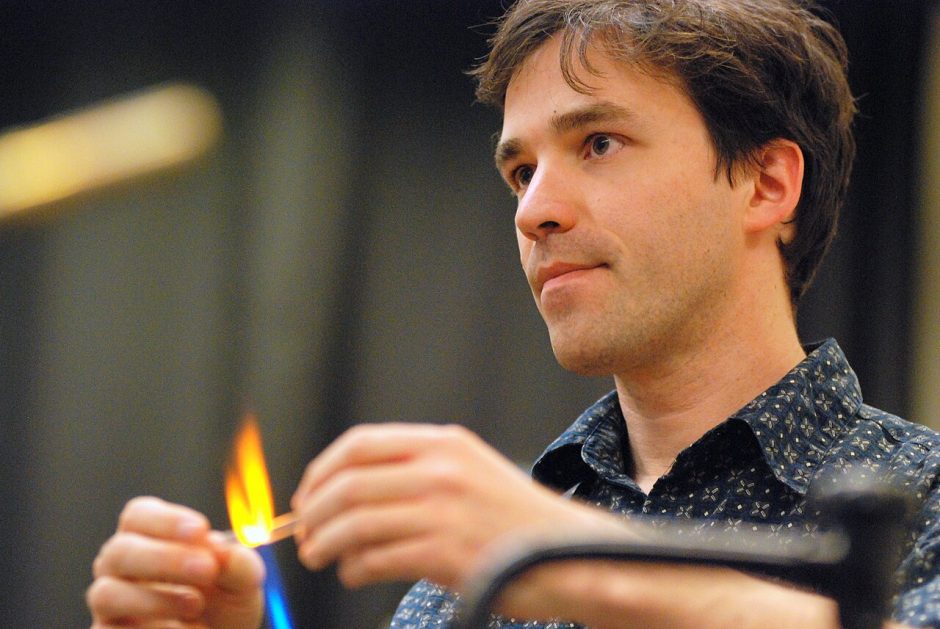
Patrick Keeling’s research program has illuminated fundamental properties of the evolution and diversity of algae, and microbial life in general. His prolific work has covered a broad range of biodiversity and disciplines, and had major impacts on our understanding of the tree of life, horizontal gene transfer, symbiosis, parasitism, and the evolution of the complex compartmentalization of eukaryotic cells. His work on plastid (chloroplast) diversity stands out, having combined evolution, cell biology, ecology, genomics, and theory to develop and experimentally test new models for the endosymbiotic origin and spread of photosynthetic organelles. The impact of this work has extended to a major theoretical reassessment of what endosymbiosis really means, calling into question longstanding and central assumptions about the mechanistic process of endosymbiosis, as well re-casting it as a primarily conflict driven process rather than mutualistic. His focus on diversity has similarly helped identify important new algal lineages, including many surprising links between algae and parasites, and more generally to re-draw the tree of eukaryotes highlighting the multiple origins of photosynthetic eukaryotes and their central roles in evolution and ecology. The impact of these advances is reflected in long and diverse lists of invited reviews in top journals, keynote lectures at major international meetings, and awards from distinguished scholarly organizations, including the Guggenheim Foundation, the Royal Society of Canada, and the US National Academy of Sciences. His work has made both profound and lasting impacts that change how we understand algae and the evolution of endosymbiosis more broadly.






